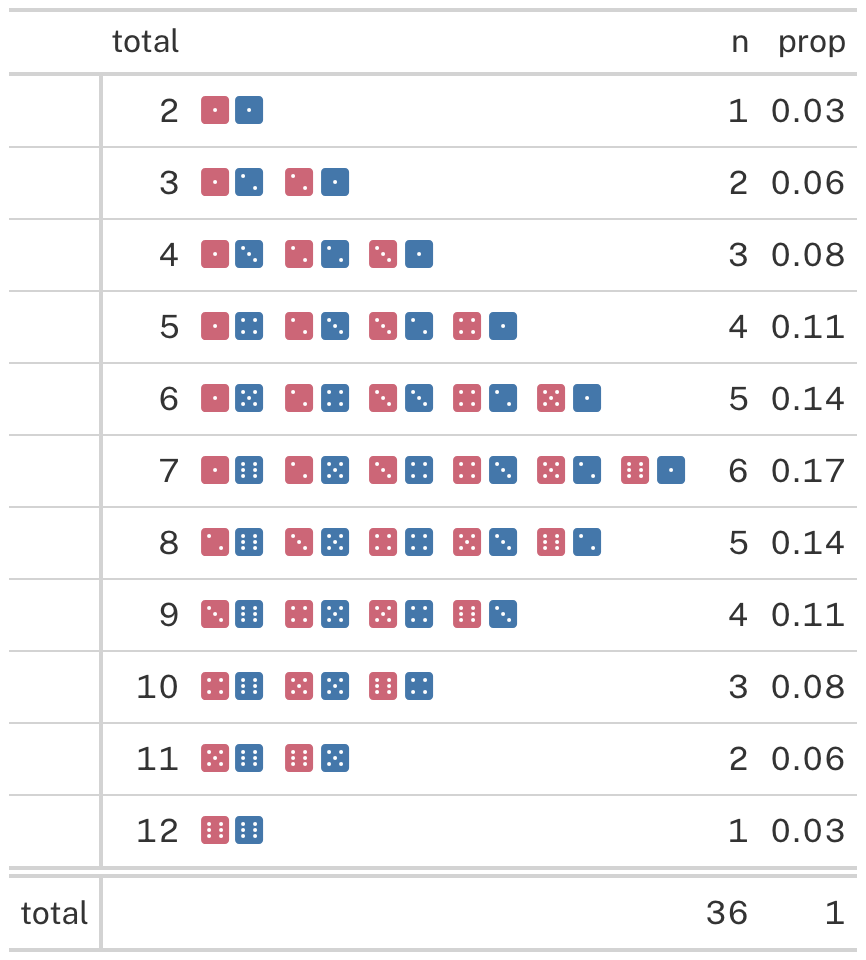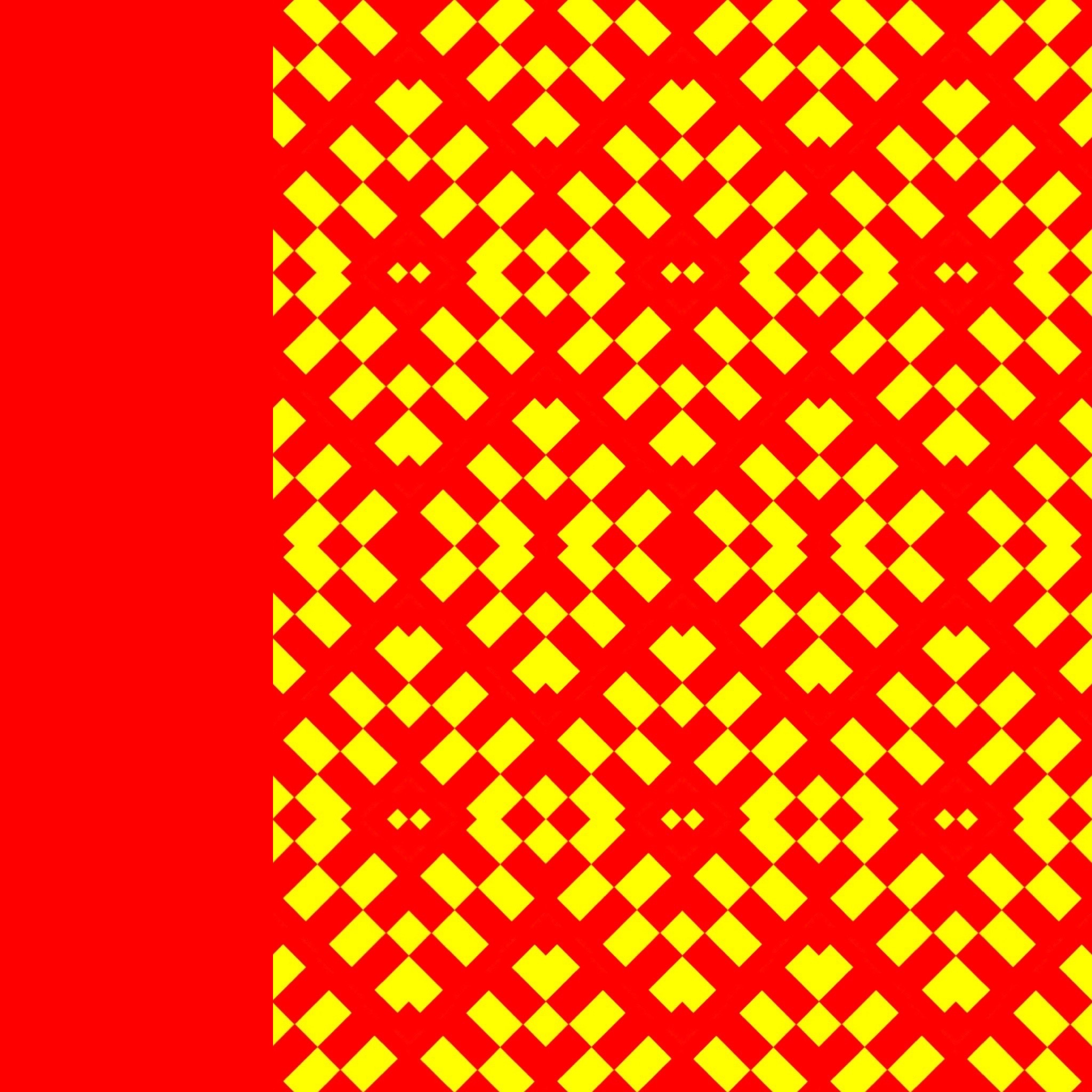Recently I have been reading Art of Leadership, The: Small Things, Done Well by Michael Lopp. This book is an excellent read and it covers small things that you can do to build trust and to become an authentic and true leader to your team at different stages of your leadership journey.
Postagens de Rogue Scholar
Anyone who has worked with advanced search systems knows the intricacy of boolean operators. AND, OR, NOT - these seemingly simple words become powerful tools in the hands of search specialists. Add in proximity operators like WITH and NEAR, throw in some parentheses for nesting, and you’ve got yourself a query that can pinpoint exactly what you’re looking for… or so we thought. In practice, these queries can become unwieldy beasts.

Recently, for class notes on probability/the central limit theorem, I wanted to recreate the table of 2d6 values that I made here. A really cool thing I found between that blog post and now is that gt has afmt_icon() operation that will replace text with its fontawesome icon.
Frustration, Conferences and Ludemes I had some things on the plate and obviously, I got stressed. And, as always, it somehow turned out quite ok. There were two conference presentations, and a self-imposed paper deadline to deal with, next to keeping several (too many) side projects running.

This week’s recap highlights a new tool from Wei Shen and Zamin Iqbal for efficient sequence alignment against millions of prokaryotic genomes (LexicMap), a new tool from Heng Li for efficiently constructing and querying a sequence index at scale, an R/Bioconductor package for detecting and correcting DNA contamination in RNA-seq data, a method for dating gene age using synteny, how AlphaFold predictions for some types of conformations are

Version 4.5 of the DataCite Metadata Schema\ includes several changes supporting the identification and description of instruments. Several DataCite members were describing instruments in DataCite metadata before this capability was introduced and others are beginning to do it now. These existing efforts can inform the development of community conventions and help the broader community understand how to use instrument metadata effectively.

Moving from climate and consumption to polycrisis. Apologies, it is a long one. This note has been informed by discussions with colleagues from the Accelerator for Systemic Risk Assessment (ASRA), my thanks to them. Previous notes: one, two, three, four, five, six. Reckoning with ‘the trap the world has become’, attempting to orientate thought, doing so by thinking through and with China.
This is a story about a failure to apply dynamic programming to a woodworking project. I’ve been building a shed in my backyard, and for one section I decided to build the floor by laying 2x4 planks side by side. I didn’t feel the need to join them with tongue-and-groove, but I did notice that using 2x4s alone wouldn’t fit the width they were supposed to fill.
The Public Knowledge Project (PKP), an SFU Core Facility, is pleased to announce its flagship software, Open Journal Systems (OJS), has been chosen to underpin the European Commission’s Open Research Europe (ORE), an open access publishing platform. The €890K award comes after the European Commission (EC) released a platform analysis highlighting the importance of technological autonomy in achieving ORE’s long-term
The 28th International Conference on Science, Technology and Innovation Indicators (STI) 2024 is just around the corner, set to take place in Berlin on 18-20 September!
Luke Horton asked in a comment on a recent post: Given the chance to examine a titanosaur cadaver with your hypothetical army of anatomists, what would you look for first? *FACEPALM* How we’ve gone almost 17 years without posting about a hypothetical sauropod dissection is quite beyond my capacity.